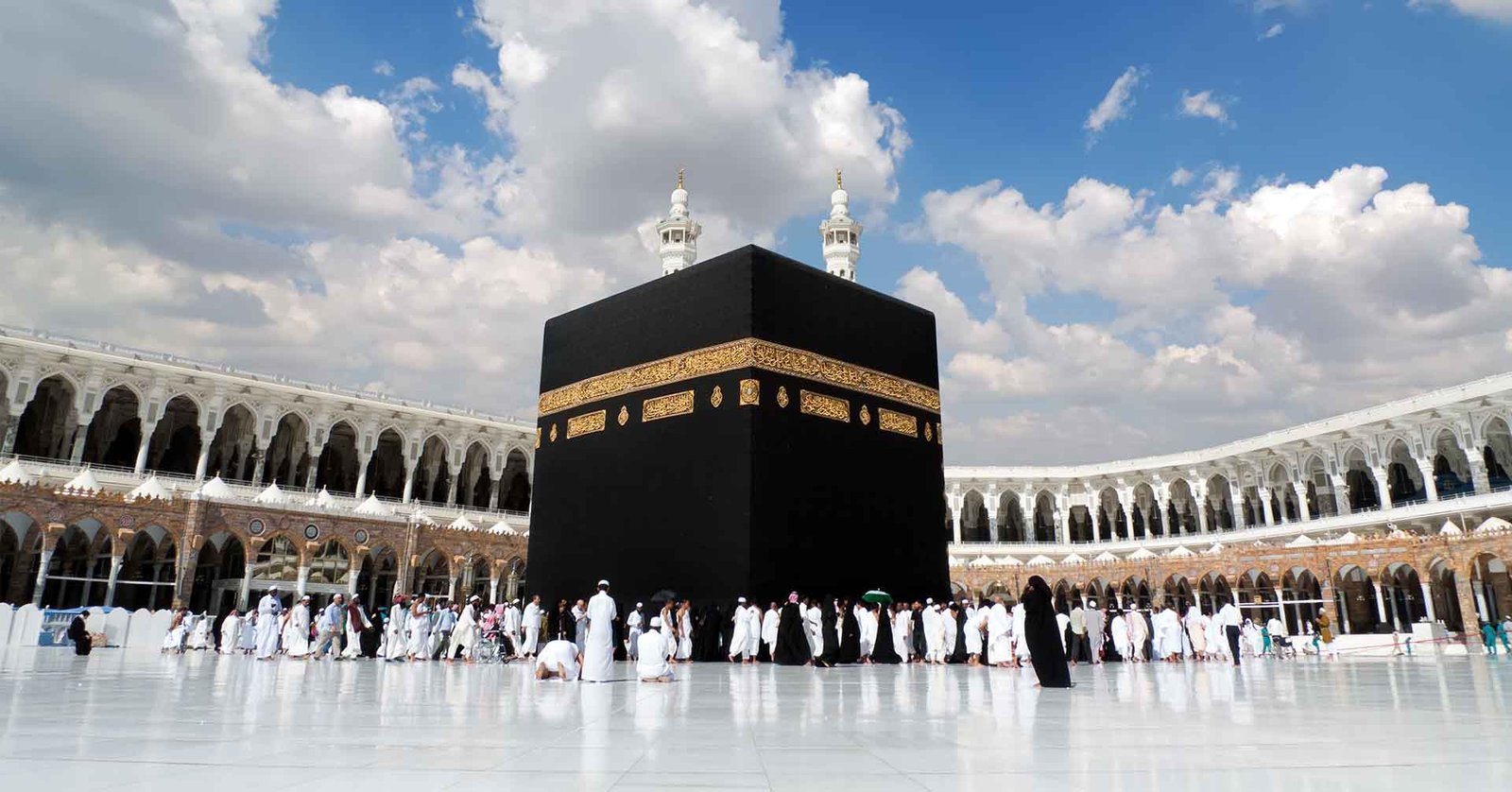
What Is The Difference Between Hajj And Umrah
- Posted by Madina Quran Institute
Introduction
Embarking on a spiritual journey holds immense significance for Muslims around the world. Two of the most revered pilgrimages in Islam are Hajj and Umrah, each carrying its own unique rituals and significance. In this blog post, we will delve into the distinctions between Hajj and Umrah, shedding light on the spiritual and practical aspects of these sacred journeys.
Hajj: The Pinnacle of Pilgrimages
Hajj is one of the Five Pillars of Islam and is considered the most significant pilgrimage for Muslims. It is obligatory for every financially and physically able Muslim to undertake this journey at least once in their lifetime. Hajj takes place annually in the Islamic month of Dhul-Hijjah, culminating on the 10th day of the month.
Key Rituals of Hajj
Ihram: The Sacred State Hajj begins with the pilgrims entering the state of Ihram, marked by the donning of simple white garments for men and modest attire for women. This signifies a state of purity and equality among all participants.
Tawaf: The Circumambulation of the Kaaba Pilgrims perform Tawaf, a series of seven anti-clockwise circumambulations around the Kaaba in Mecca. This symbolizes the unity of Muslims and their devotion to Allah.
Arafat: The Day of Standing The central event of Hajj occurs at the plain of Arafat, where pilgrims stand in prayer and contemplation. This day is considered the highlight of Hajj, and the Prophet Muhammad (peace be upon him) delivered his Farewell Sermon at this location.
Stoning of the Devil: Symbolic Rejection of Evil Pilgrims engage in the symbolic stoning of the devil by throwing pebbles at three pillars. This act represents the rejection of evil and the determination to resist temptation.
Umrah: A Lesser Pilgrimage
Umrah, while highly recommended and spiritually rewarding, is not obligatory like Hajj. It can be performed at any time of the year, making it more flexible for Muslims who may not have the means to undertake the larger pilgrimage of Hajj.
Key Rituals of Umrah
Ihram: Similar Beginning Similar to Hajj, Umrah begins with the pilgrims entering the state of Ihram, donning the sacred garments. However, the restrictions during Umrah are less stringent compared to Hajj.
Tawaf and Sa’i: Circumambulation and Running Between Safa and Marwah Pilgrims perform Tawaf, similar to Hajj, followed by Sa’i, which involves walking seven times between the hills of Safa and Marwah. This act commemorates the actions of Hagar, the wife of Prophet Ibrahim (peace be upon them), searching for water for her son Ishmael.
Tahallul: Shaving or Trimming Hair The final step of Umrah involves pilgrims shaving their heads or trimming their hair. This symbolizes humility and the shedding of sins.
Distinguishing Features
Obligation vs. Voluntariness The primary distinction between Hajj and Umrah lies in their obligation. Hajj is a mandatory pilgrimage for eligible Muslims, while Umrah is recommended but not obligatory.
Timing and Frequency Hajj is performed during specific days of the Islamic month of Dhul-Hijjah and can only be undertaken once a year. Umrah, on the other hand, can be performed at any time, allowing for greater flexibility in scheduling.
Ritual Complexity Hajj involves a more extensive set of rituals compared to Umrah, including the standing at Arafat, the symbolic stoning of the devil, and other rites specific to Hajj. Umrah, while still spiritually enriching, has fewer and less intricate rituals.
Conclusion
In conclusion, both Hajj and Umrah are sacred pilgrimages with their distinct rituals and significance in Islam. Hajj is an obligatory pilgrimage that occurs annually during specific days, requiring a more extensive set of rituals. Umrah, while highly recommended, is not obligatory and can be performed at any time of the year with fewer and less intricate rituals.
As Muslims embark on these spiritual journeys, the role of online Quran learning becomes increasingly vital in preparing individuals spiritually. Platforms offering online Quran classes provide accessible and flexible opportunities for Muslims to deepen their understanding of the Quran, fostering a stronger connection with their faith.
May the knowledge gained from Quranic studies and the experience of Hajj and Umrah contribute to the spiritual growth and well-being of Muslims around the world.
You may also like

Best Online Quran classes in United States

Learn Quran online free download

